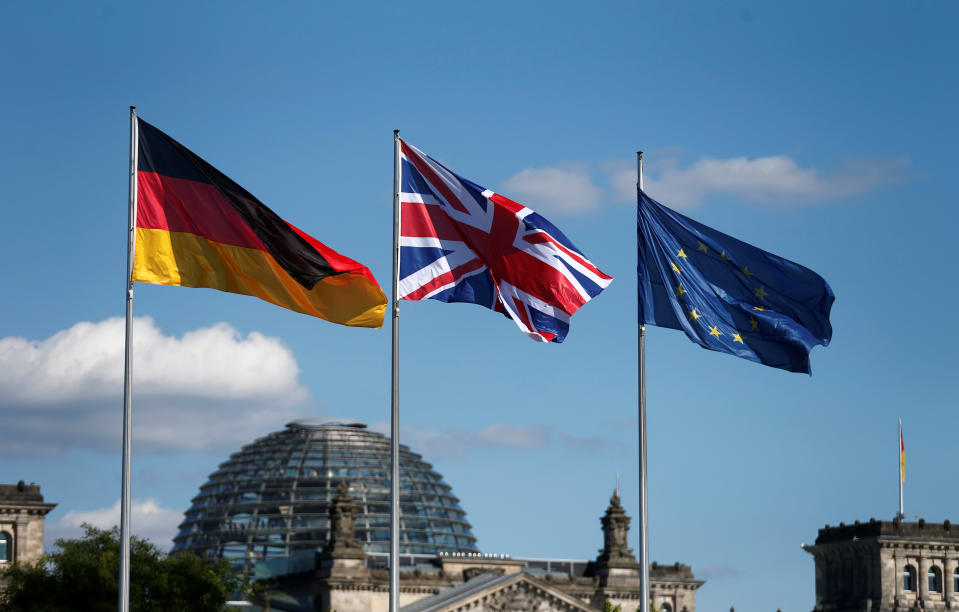Hard Brexit could tip Germany into recession, says IFO chief

Clemens Fuest, head of the Munich-based Institute for Economic Research (Information and Forschung, IFO), warned on Monday that a hard Brexit could push Germany into a recession. In an interview with public broadcaster Deutschlandfunk, Fuest said that if the UK leaves the European Union with no deal, “that could be the drop that causes the keg to overflow” as far as the German economy is concerned.
“That could take us from weak growth to a light contraction in the economy,” Fuest said. “And we would call that a recession.” He added that the contraction would not initially be reflected in the employment market, but it could also become problem there too in the mid-term.
Germany’s Council of Economic Experts recently slashed its 2019 GDP growth forecast to 0.8%, from 1.5% in November. They warned that the country’s economic boom was over for the time being, but said they did not expect a recession for now, thanks to a healthy domestic economy.
Fuest said that there was the idea in the UK that it would make good trade agreements with the US and other countries, “for example, the countries of the former British empire,” but, he noted, the profits the UK could make in trading with the US are nothing in comparison to what it will lose in trade with the EU in the event of a hard Brexit.
“One thing is clear: one trades above all with one’s neighbours, and that is still the EU,” Fuest said.
Fuest believes that the best option for the UK would be to significantly extend the Brexit deadline, by about two years, to allow Britain to participate in the next EU parliament elections and for both Britain and the EU to reconsider.
“I believe that one thing that the EU did not do right was to insist on only negotiating the transition and not discussing a long-term agreement,” Fuest said.
A survey released last week by KPMG showed that about half of German companies have not yet made preparations for Brexit as of the start of this year, because there are so many potential Brexit scenarios that they don’t have the financial resources to prepare for all of them.
READ MORE: Nearly half of firms in Germany have made no Brexit preparations
Analysts told German business daily Handelsblatt in January that a no-deal Brexit was expected to cost the German economy around €9 billion, with the German car industry worst hit, followed by chemicals, food and consumer goods sectors.

 Yahoo Finance
Yahoo Finance 